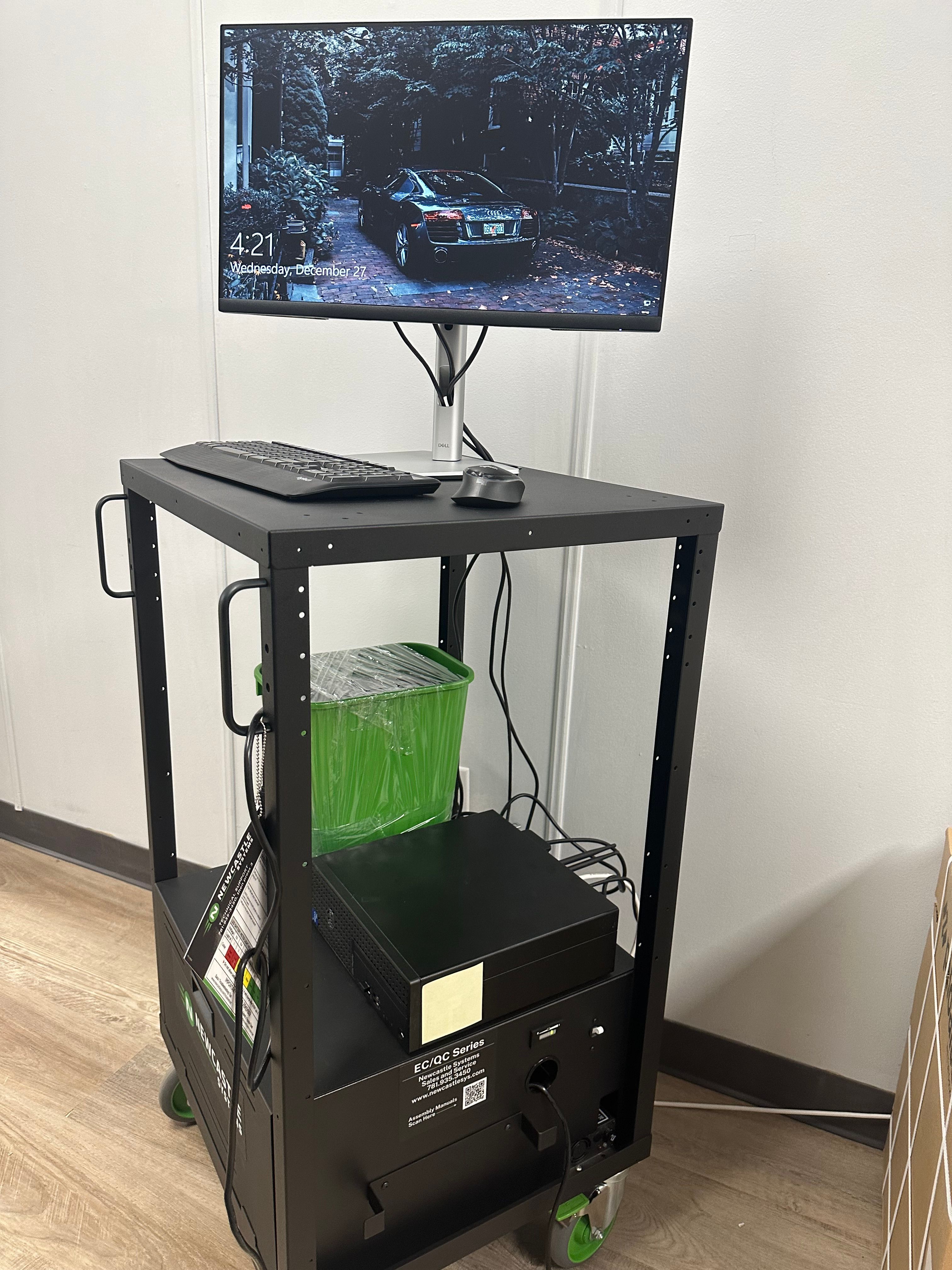What Are You Doing Right Now
-
@gjacobse said in What Are You Doing Right Now:
Oh, and merry Christmas to us, kid was a passenger in a single vehicle car wreck.
Driver lost control on wet roads. Shaken and stirred but other wise oka.
Yikes! Glad they're ok.
-
@gjacobse said in What Are You Doing Right Now:
@nadnerB said in What Are You Doing Right Now:
@gjacobse sounds like fun

I always build my own PC's as I have to slowly upgrade as budget permits.
Franken PCs are the thing for me.I never gamed until the last few years, and had mainly used laptops for my general daily workings.
Last new desktop I had was the one NTG sent me when I started, which was 2015 or so. That pc still runs for one of the kids. I picked up a Dell 8700 for me, it it was already used…I have pretty much given up on games.
Haven't played anything really since 2018.
Just can't get back into it after taking a year off.Really broke that habit... At least my future PC builds will be less expensive

-
@gjacobse said in What Are You Doing Right Now:
Oh, and merry Christmas to us, kid was a passenger in a single vehicle car wreck.
Driver lost control on wet roads. Shaken and stirred but other wise oka.
I'm glad they're okay!
-
Installer for my fiber internet is here, hooray!
-
@travisdh1 said in What Are You Doing Right Now:
Installer for my fiber internet is here, hooray!
Whole new experience today. Goodbye DSL and cable!

-
@travisdh1 said in What Are You Doing Right Now:
@travisdh1 said in What Are You Doing Right Now:
Installer for my fiber internet is here, hooray!
Whole new experience today. Goodbye DSL and cable!

Thanks
Another thing for me to run in Powershell. -
Doing tests to generate logs for VMware to prove that something's gone wrong with their Aria - Ansible integration.
-
Decided to go the route of Python + Kivy / KivyMD for my app. Progress has been slow but steady. Doing things, then testing with a ton of data and finding out it's super inefficient, reworking things and trying different approaches, seeing the improvements in real time. Good times! The app is actually becoming functionally useful to myself while building it out.
-
@gjacobse said in What Are You Doing Right Now:
@travisdh1 said in What Are You Doing Right Now:
@travisdh1 said in What Are You Doing Right Now:
Installer for my fiber internet is here, hooray!
Whole new experience today. Goodbye DSL and cable!

Thanks
Another thing for me to run in Powershell.Yep
choco install speedtest. So much faster than loading an add laden website. -
I can’t believe the cost of this cart minus the PC and monitor:

And it’s something I think I could build better…
-
@gjacobse said in What Are You Doing Right Now:
I can’t believe the cost of this cart minus the PC and monitor:

And it’s something I think I could build better…
The trashcan water cooler has to be the most expensive item on there!
-
@DustinB3403
Uh - I am sure that is suppose to be a joke. But it's just a trash can that I didn't mount. Mainly due to just setting one up as a test to see how it will work, and if the battery will last.It is literally a rolling cart with a 500w inverter, battery charger and 40Ah battery with battery gauge. I question if the battery as is will last an 8 hour shift...
-
@gjacobse said in What Are You Doing Right Now:
@DustinB3403
Uh - I am sure that is suppose to be a joke. But it's just a trash can that I didn't mount. Mainly due to just setting one up as a test to see how it will work, and if the battery will last.It is literally a rolling cart with a 500w inverter, battery charger and 40Ah battery with battery gauge. I question if the battery as is will last an 8 hour shift...
Yes it was a joke, I called it a watercooler because of the clingwrap over the top of it (as if it was to keep items/liquid in).
-
@gjacobse looks like standard type materials you can get at home depot - the vertical bits might even be made of audio-type rack rails.
-
Trying out the free Minecraft servers from https://aternos.org
This makes things a lot more handy.
-
@scottalanmiller said in What Are You Doing Right Now:
Trying out the free Minecraft servers from https://aternos.org
This makes things a lot more handy.
Why is it free?
-
@Obsolesce said in What Are You Doing Right Now:
@scottalanmiller said in What Are You Doing Right Now:
Trying out the free Minecraft servers from https://aternos.org
This makes things a lot more handy.
Why is it free?
I see. All about ads. It's not good enough that I have my adblocker turned off for their site, it's somehow seeing that I use one period. And it doesn't like that at all.

-
@Obsolesce If they're that fanaticalabout it, then it's a nope from me.

-
I tried another browser with no extensions, and it worked. It isn't bad aside from the insane amount of ads. If you look past that aspect, it's actually a pretty nifty service. I wish I had thought of it. Though, I'd have done half the ads and would give an option to pay for no ads + 24/7 server uptime.
-
Happy new year!
Close enough to midnight















